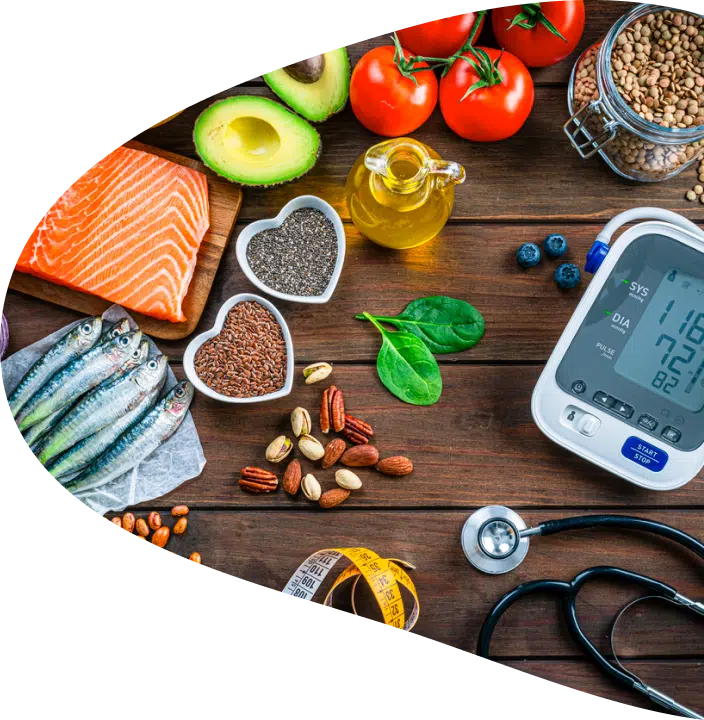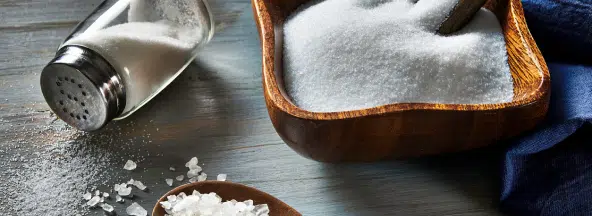High Blood Pressure is often referred to as a ‘silent killer’ because most don’t even realize they have it until they’re diagnosed or have a medical emergency. Good nutrition and a high blood pressure diet can reduce the symptoms or chances of developing hypertension.
Our registered dietitians are well-versed in the best nutrition for treating high blood pressure. When you meet with a dietitian, they will go over your medical history, nutrition needs, and goals. After your initial assessment, your dietitian will then create a plan to address those needs and goals through nutrition and meal planning.

What is the Best Diet for High Blood Pressure?
The most commonly used nutrition plan for those with high blood pressure is the DASH Diet (Dietary Approaches to Stop hypertension). The DASH diet consists of food high in potassium, calcium, and magnesium.
What Should I Eat with a DASH Diet?
Following the DASH Diet has the ability to reduce blood pressure in as little as one week.
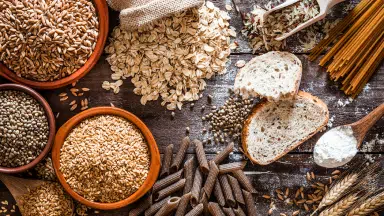
Grains
Grains: 6 to 8 servings a day

Vegetables
4 to 5 servings a day

Fruits
4 to 5 servings a day

Fat-free or low-fat dairy products
2 to 3 servings a day
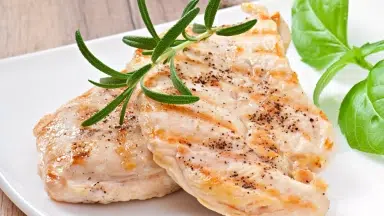
Lean meats, poultry, and fish
Six 1-ounce servings or fewer a day
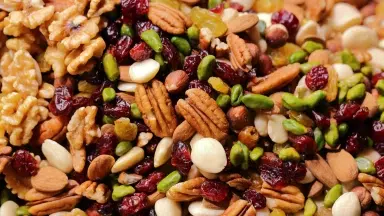
Nuts, seeds, and legumes
4 to 5 servings a week
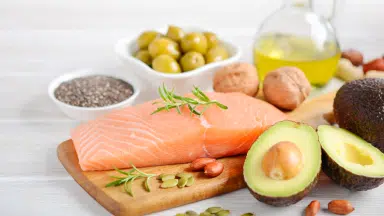
Fats and oils
2 to 3 servings a day
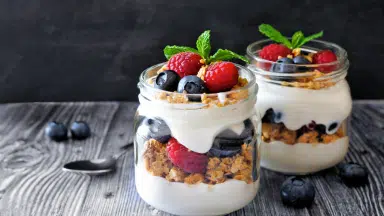
Sweets and added sugars
5 servings or fewer a week
Foods to Limit or Avoid with High Blood Pressure
You don’t have to eliminate your favorite foods because you have high blood pressure. Maintaining good health is all about balancing and practicing moderation in dietary choices.
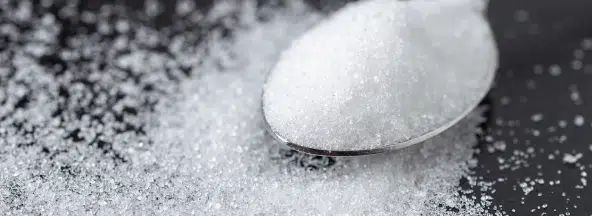
Sugar
Too much sugar impacts the blood’s nitric oxide (NO) production. Since nitric oxide helps with the dilation of blood vessels, a lack of it can cause constriction of blood vessels, which can lead to high blood pressure.
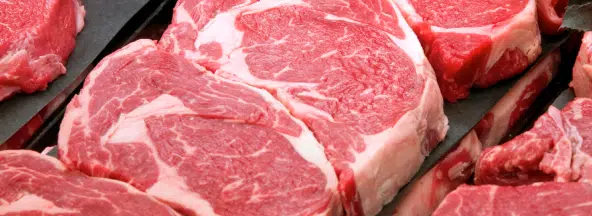
Red Meat
Studies have shown that consuming red meat can significantly and directly result in increased blood pressure. Choose leaner cuts and limit meat that is redder in color.
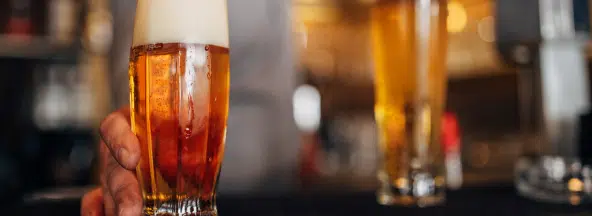
Alcohol
Limiting alcohol consumption can prevent or lower existing high blood pressure; unfortunately, the rumor that red wine is heart-healthy is a myth.
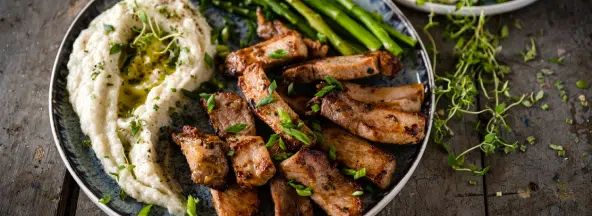
Keto
While keto diets can reduce high blood pressure, there is no difference compared to regular carbohydrate diets. The data suggests that the reduction in blood pressure is due to weight loss rather than the diet itself.

How Does Blood Pressure Affect Weight?
Hypertension isn’t just a numbers game—it can have a personal impact on your weight and overall well-being. When high blood pressure tags along with conditions like insulin resistance, dyslipidemia, and obesity, it can throw weight regulation off balance. You may notice temporary weight gain due to fluid retention caused by uncontrolled hypertension. And some of the medications used to manage high blood pressure may have an unwelcome side effect—weight gain.
But there’s more to the story. Chronic high blood pressure can take an emotional toll too. It can ramp up stress levels, leading to emotional eating and unhealthy coping mechanisms that can affect your weight.
The good news? You have the power to make a change. By embracing a heart-healthy diet, getting regular exercise, finding effective stress reduction techniques, and following your prescribed medication plan, you can take charge of your high blood pressure and its impact on your weight. Remember, managing your blood pressure is about more than just the numbers—it’s about reclaiming your health, happiness, and personal well-being.
